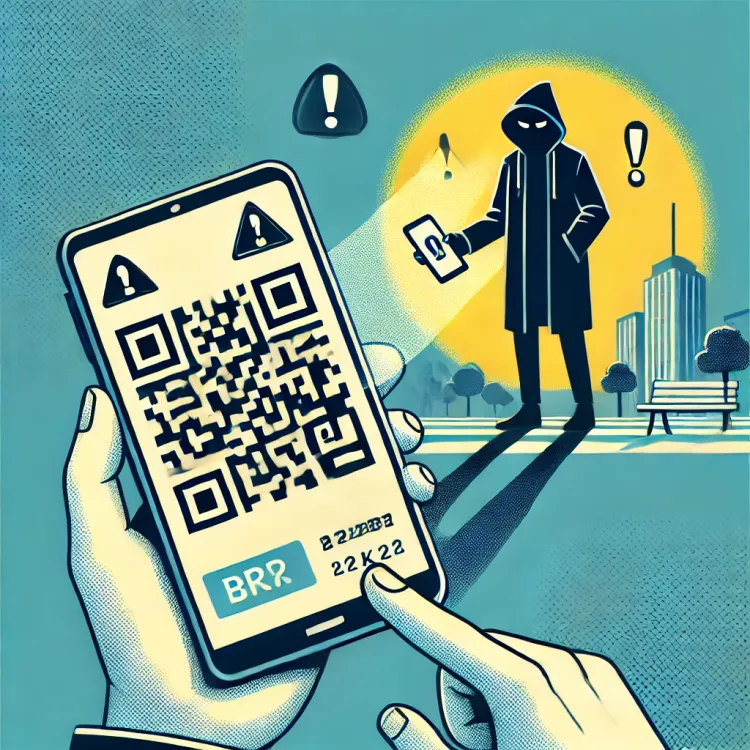How to Avoid Being Scammed with Fake Calls

Fake calls are a common and dangerous form of fraud that can cost you money, time, and peace of mind. In this blog post, I will share some tips on spotting and avoiding fake calls, especially the ones that pretend to be from HMRC or other authorities. I will also mention a recent case of a deepfake scam that tricked a CFO into wiring $25 million to criminals.
What are fake calls, and how do they work?
Fake calls are calls made by scammers who want to deceive you into giving them your personal or financial information or paying them for counterfeit services or taxes. They often use spoofing techniques to make the caller ID look like a legitimate number or use voice-changing software to impersonate someone you know or trust.
Some of the most common types of fake calls are:
- HMRC scam calls: These are calls that claim to be from HMRC, the UK tax authority, and tell you that you owe money, have a tax refund, or are under investigation for fraud. They may threaten you with legal action, arrest, or penalties if you do not pay immediately or provide your bank details.
- Computer support scam calls: These are calls that claim to be from Microsoft, Apple, or other tech companies and tell you that your computer has a virus, a security problem, or needs an update. They may ask you to download software, give them remote access, or pay for a harmful or useless service.
- Banking scam calls: These are calls that claim to be from your bank, credit card company, or other financial institution and tell you that there is a problem with your account, card, or payment. They may ask you to verify your details, provide your PIN, or transfer money to a safe account they control.
- Lottery or prize scam calls: These are calls that claim that you have won a lottery, a prize, or a grant and ask you to pay a fee, a tax, or a delivery charge to claim it. They may also ask you to provide personal or financial information to prove your identity or eligibility.
How do you spot and avoid fake calls?
Fake calls can be compelling and persuasive, but some signs can help you identify them and protect yourself. Here are some tips on how to spot and avoid fake calls:
- Be suspicious of unexpected or urgent calls: If you receive a call that you are not expecting or that sounds too good or too bad to be accurate, be cautious and do not trust it. Scammers often use pressure tactics to make you act quickly and without thinking. Do not let them rush you or scare you into making a decision.
- Do not give out your personal or financial information: Never give out your personal or financial information, such as your bank details, card numbers, PINs, passwords, or security codes, to anyone who calls you. Scammers may use this information to access your accounts, make fraudulent transactions, or steal your identity. Remember that legitimate organisations never ask you for this information over the phone.
- Do not pay or transfer money: Never pay or transfer money to anyone who calls you and asks you to do so. Scammers may ask you to pay them using gift cards, vouchers, wire transfers, or other untraceable methods. Remember that legitimate organisations will never ask you to pay them this way.
- Hang up and verify: If you are unsure about the caller or the call, hang up and do not engage with them. You can verify the caller by contacting the organisation they claim to be from, using a trusted number from their official website or your records. Please do not use the number or link the caller gave you, as it may be fake or redirect you to the scammer.
- Report and block: If you receive a fake call, report it to the relevant authorities, such as Action Fraud, HMRC, or your bank, and warn your friends and family about it. You can also block the number that calls you or use a call-blocking service or app to prevent further calls from the same source.
A recent case of a deep fake scam
A deepfake scam is a new and sophisticated type of fraud that uses artificial intelligence to create fake videos or audio recordings of real people. These can be used to impersonate someone you know or trust and make you believe that they are talking to you or asking you to do something.
A recent case of a deepfake scam involved a CFO of a multinational company, who was tricked into wiring $25 million to criminals after joining a video conference call with what he thought was his boss and other colleagues. In reality, the scammers had used deepfake technology to create fake images and voices of real people and convinced the CFO to make the transfers as part of a secret transaction[1][1] [2][2].
This case shows how advanced and dangerous deepfake scams can be and how they can target anyone, even high-level executives. To protect yourself from deepfake scams, you should always verify the identity and authenticity of the person you are talking to, especially if they ask you to do something unusual or confidential. You should also use secure and encrypted communication channels and avoid clicking on links or downloading files from unknown sources.
Conclusion
Fake calls are a serious threat that can cost you money, time, and peace of mind. To avoid being scammed, you should always be suspicious of unexpected or urgent calls, do not give out your personal or financial information, do not pay or transfer money, hang up and verify, and report and block. You should also be aware of the new and emerging techniques that scammers use, such as deepfake technology, and take extra precautions to verify the caller and the call. By following these tips, you can stay safe and smart and avoid falling victim to fake calls.





